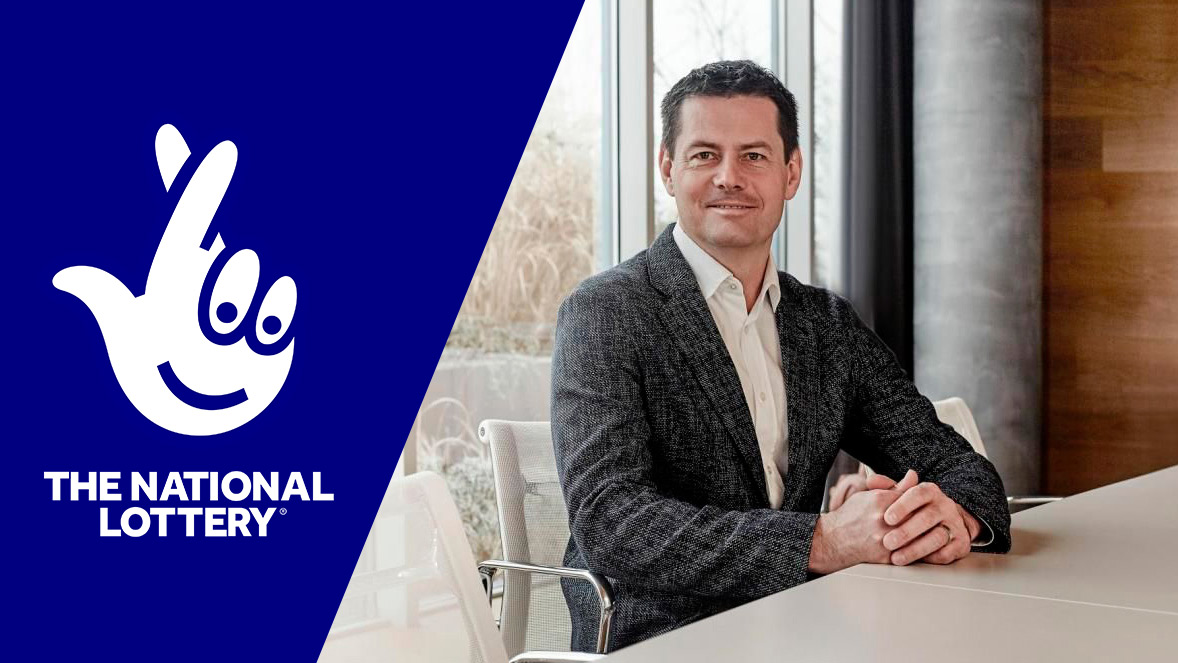After 28 years, Camelot will lose its license to run the UK National Lottery as the Gambling Commission named rival Allwyn Entertainment as its preferred applicant to take over. Owned by the Czech group Sazka, Allwyn is expected to take over from Camelot in 2024.
Camelot has been named as the reserve applicant. This means it would continue to run the lottery in the event that finalization could not be achieved with the preferred candidate in the lottery’s fourth license process.
In an official statement, the Gambling Commission described the selection of Allwyn as a “fair, open and robust competition which received four applicants at the final stage”. The UK watchdog also stated that it is content that all applicants are fit and proper to operate the national lottery. “Recognising our role as a responsible regulator we are also satisfied that no application is impacted by sanctions related to the conflict in Ukraine”, the UKGC added.
The Gambling Commission has named Allwyn Entertainment Ltd as Preferred Applicant for the fourth National Lottery licence. For more information, please see our website: https://t.co/KJ2j587VAJ pic.twitter.com/6QSDO8x3ks
— Gambling Commission (@GamRegGB) March 15, 2022Andrew Rhodes, UKGC’s Chief Executive
Andrew Rhodes, Gambling Commission’s Chief Executive, commented: “Our priority was to run a competition that would attract a strong field of candidates. Having received the most applications since 1994, it is clear we’ve achieved just that. We look forward to working with all parties to ensure a smooth handover”.
“I am confident that the success of the competition will lead to a highly successful fourth licence. One that maximises returns to good causes , promotes innovation, delivers against our statutory duties and which ultimately protects the unique status of the national lottery”, he added.
Andrew Rhodes
In January, Allwyn announced its intention to become a publicly-listed company on the New York Stock Exchange (NYSE), in partnership with NYSE-listed special purpose acquisition company Cohn Robbins Holdings Corp. (CRHC). The listing would result in an expected total enterprise value for Allwyn of approximately $9.3 billion.
As part of its bid, Allwyn pledged to donate £38 billion ($49 billion) to good causes over the next decade, almost equivalent to the £45 billion ($58 billion) Camelot raised since it began running the national lottery in 1994. Run by the Czech billionaire, Karel Komárek, Allwyn has also proposed reducing ticket prices from £2 to £1 and having two draws on one night.
Allwyn bid chairman, Sir Keith Mills, was instrumental both in winning the 2012 Olympics bid for London and in organizing the Games. In the world of business, he is revered as the brains behind air miles and Sainsbury’s Nectar card: “The National Lottery is a national treasure and we are honoured to have been chosen as its future custodian. With the Gambling Commission having put its trust in us, we can immediately start to enact our exciting plans to deliver The National Lottery back to the heart of our country. We will do this by rekindling the meaning The National Lottery has for each of us, whether as individuals or as part of the communities we live in; whether we play The National Lottery or not.”
Allwyn’s star-studded advisory board also includes the former Sainsbury’s chief executive, Justin King and the venture capital guru Brent Hoberman, and it is working with Vodafone on the technology underpinning its bid.
Justin King
As reported by The Guardian, King will now take over as chairman of the Allwyn UK business: “I’m delighted that Allwyn’s proposal has been deemed the strongest to grow good causes in the safest and most sustainable way possible. The Gambling Commission has run a lengthy and detailed process, and I’ve been extremely impressed by the attention they have paid to the challenges facing the national lottery over the coming decades. The national lottery is a vital British institution and we’re focused on ensuring it plays an even bigger part in society by increasing participation, improving safeguards, and giving back more to good causes”.
Camelot Chief Executive, Nigel Railton, expressed: “I’m incredibly disappointed by today’s announcement, but we still have a critical job to do – as our current licence runs until February 2024. We’re now carefully reviewing the Gambling Commission’s evaluation before deciding on our next steps. I’m enormously grateful to our 1,000-plus employees who have been unwavering in delivering record-breaking results during the current licence”.
Camelot staff will transfer to the Allwyn operation under the UK’s Transfer of Undertakings (Protection of Employment) Regulations, in line with the licence being moved to the new operator.
A few key changes for the fourth license were announced last year. These include a fixed-term 10-year license, which means that the licensee has a clear period for investment planning and focusing on performance. Building on the National Lottery’s success, the new licensee will be asked to provide “greater flexibility” to maximize returns to good causes.
Moreover, a new incentive mechanism is set to ensure the licensee’s incentives and delivery are “closely aligned” with returns to good causes. The National Lottery will also work on protecting its brand, with the licensee being required “to foster stronger relationships” with the NL distributors, and funding to further strengthen the link between the lottery, its players, and good causes.
The other biggest bidders for the license were the Italian operator Sisal, which is now jointly owned by Flutter, the owners of betting brands including Paddy Power and SkyBet; the private equity group CVC; and the New Lottery Company, which is run by Richard Desmond’s Northern & Shell.



